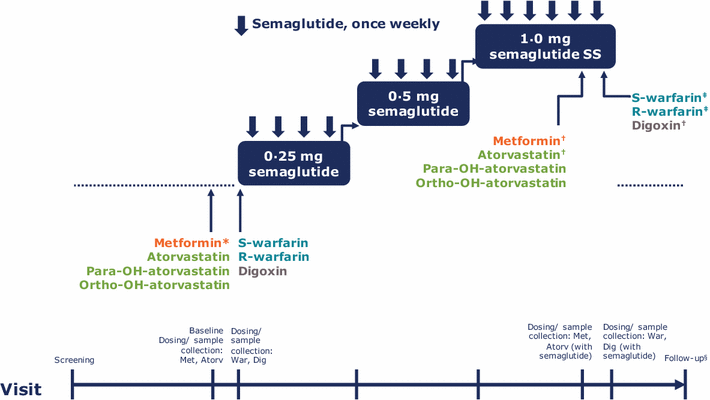Or in the myriad of obese patients who you can rarely get a good window.
My point is there is no "window". And it seems you agree.
And yes, gastric ultrasound is more difficult on obese patients, Just like liver and GB imaging are more difficult without any "window". Go try it and see.
See, this is where I feel like you're making phantom arguments. When did I say they are not more difficult on obese patients?? I do agree they are more difficult on obese patients. My argument is there is no "window" like there is on TTE. And the stomach and liver are anterior structures.
Plenty of procedures are more difficult on obese patients. But when was the last time you decided not to do a diagnostic cath because he or she is obese? Do trauma surgeons skip the FAST exams because the pt is obese?
You failed to answer any of the questions posed other than saying "datapoints help your decision". Datapoints that have no clear clinical significance actually do not help your decision making and in-fact may make it more difficult. Sensitivity and specificity of gastric ultrasound is great for detecting full stomachs, but the majority of patients that require gastric ultrasound are likely to fall in the grade 0/1/2, which has no clear correlation to aspiration risk.
I failed to answer your questions because you never posed any questions. So yes, I failed to answer questions not posed.
I disagree that these datapoints have have no clear clinical significance. Sensitivity and specificity is great for full stomachs. S&S is also great for empty stomachs if one scans the entire 3D structure and rule out false negatives.
Gastric ultrasound has made my decision making easier, not more difficult. An example:
Yesterday I had 2 pts who were both on ozempic depot shots. Both obese (BMI > 30), both had Ozempic shot ~ 4 days prior, both fasted for about 14 hours. They needed bronch biopsies to determine whether or not they have cancer. The procedure is not emergent, but is diagnosing cancer ever truly elective?
First pt has full stomach on gastric ultrasound she decided the risk of delay is less than the risk of aspiration. I gave extended fasting criteria (pause Ozempic, no solids for 24 hours prior to procedure) for next time.
Second pt had an empty stomach on gastric ultrasound. I double checked to rule out false negatives: I sat the PT up and gave 30cc of maalox and watch liquid appear in the stomach. I swept up and down to confirm that the structure that I thought was the stomach was indeed his entire stomach in the upright position. The pt was worried about his cancer diagnosis. The patient, pulmonologist, and I were ok to proceed given the datapoint of empty stomach on gastric ultrasound. I also confirmed the empty stomach with OG suction after intubation.
We have to recognize that sometimes our delays could translate to MONTHS of delayed cancer treatment. I felt very good about what I did to help the pt and I would have done the same for my loved ones.




